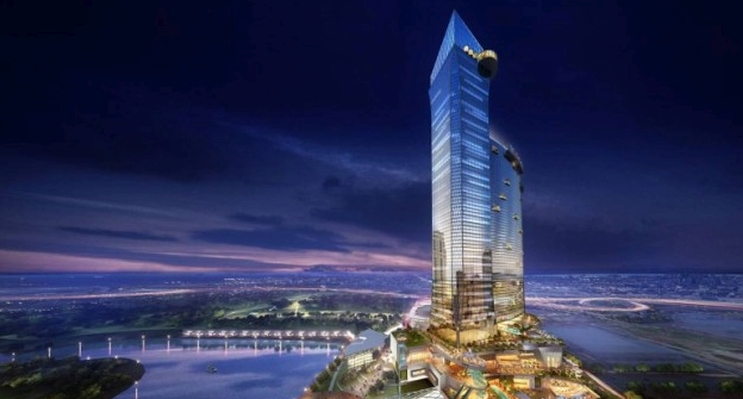On Monday the New Jersey Assembly judiciary committee approved a resolution forwarding a bill to the legislature that will allow voters to authorize two casinos in the northern part of the state. Missing from the language were tax rates and potential locations for the two casinos. The Senate committee forwarded the bill by a 6-2 vote. The Assembly passed it to the floor in the most recent vote.
Some lawmakers questioned the logic in passing a bill without details saying the public needs to know what they are going to be voting for. One of the sponsors of the bill, Vincent Prieto, said the details would emerge in “enabling legislation” that would be passed later. Once passed by both houses and signed by the governor, voters will have the opportunity to change the state constitution when they go to the polls in November’s general election.
Although the language regarding locations for the potential casinos has not been hammered out, the forwarded bill does dictate that they be at least 72 miles from Atlantic City and in separate counties. The two top contenders under that provision would be the Hard Rock at the Meadowlands racetrack in East Rutherford, and Reebok founder Paul Fireman’s Liberty Rising Resort and Spa near Liberty Park in Jersey City. Locations at Sayreville, Edison, and Woodbridge in Middlesex County would be eligible, but Freehold and Oceanport would not qualify.
A new amendment requires a minimum $1 billion investment, which likely narrows it down to The Meadowlands and Liberty Rising. Meadowlands Racetrack and Entertainment’s operator, Jeff Gural has proposed a tax rate of 55%. However his Meadowlands/Hard Rock consortium may need to bring on an existing Atlantic City operator to apply in the first 60 days of bidding – after that the requirement that at least one of the casinos involve an AC operator becomes nil. Another new amendment changed the time frame from 180 to 60 days. The Hard Rock proposal would come at a construction cost of about $1 billion, while Fireman’s Liberty is estimated to be a $4-5 billion project.
Freehold Raceway is opposed to the current bill due to the lack of clarity in the potential tax rate. Regardless of the final number, 2% of it will go toward helping the state’s struggling horse racing industry, while another 2% would go to the host communities. The lion’s share would be split between Atlantic City and tax relief and social welfare programs. The payments to Atlantic City were crucial to getting the bill passed and are intended to offset losses expected by Atlantic City casinos due to increased competition.
The bill will now sit idle for 20 days before coming to a vote. If passed by a three-fifths majority of both houses the bill will appear on the ballot in November.



